The Department of Family Science and Human Development (FSHD) staunchly commits to advancing social justice, equity, and inclusion in our community, and vows to continuously and systematically strengthen that commitment. At the heart of this pledge is our belief in a world that affords all peoples, families, and communities dignity and respect, full access to every opportunity, and the resources and tools to make every dream and hope become reality. We will thrive because we lift each other up.
Our FSHD Community collaboratively developed an aggressive, comprehensive four-year Strategic Plan that outlines our overarching commitments to social justice, equity, diversity and inclusion. We invite you to read the 2020-2024 FSHD Strategic Plan and follow our progress.
Dr. Brad van Eeden-Moorefield, FSHD Professor, explains our department’s unwavering commitment to social justice and how our actions support that pledge. Take a look:
Social Justice Statements
As an applied scholarly community committed to social justice, the FSHD Department recognizes its role as an advocate and provider of evidence-based information and practices that support the health and well-being of individuals, families, and communities. As part of this, it is our practice to release statements and resources in response to events that happen across our communities. These can relate to:
- acts of violence, bias, and hate
- needs for knowledge and information that can be provided by sharing research
- providing evidence-based policy suggestions
- situations related to social justice and translational science that warrant a voice, solidarity, or support
Our department has released the following statements:
- Social Justice Statement – June 2023
- Russia’s Invasion of Ukraine – March 2022
- Anti-Asian Racism – March 2021
- Social Justice, Equity, and Inclusion: A Focus on Race & Racism – September 2020
The FSHD Social Justice Advisory Board provides direction and input on the department’s social justice strategic plan, programming, community impact, and other social justice initiatives. The Board is comprised of a variety of stakeholders including faculty, staff, undergraduate and doctoral students, alumni, and community members.
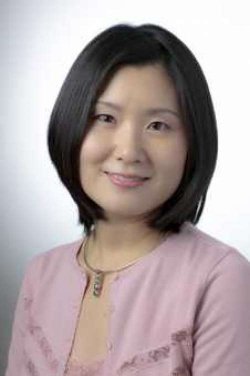
Faculty Representative
Soyoung Lee, Ph.D., CFLE (she/her/hers)
Associate Professor, Family Science and Human Development Department
Montclair State University
“Social justice, to me, means creating an inclusive space where many of us feel free, unafraid, and respected for who we are, while also having equal opportunities to do things that make us who we are. It involves actively working towards what we can do to foster understanding, equality, and a sense of belonging for everyone, addressing systematic challenges in the process.”
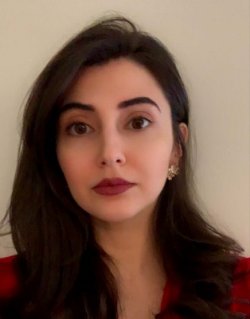
FSHD Staff Representative
Vian Sabat (she/her/hers)
Ph.D. Program Associate
Family Science and Human Development Department
Montclair State University
“I believe social justice means everyone has the right to human rights. That no matter their race, gender, or socioeconomic standing they are given access to equal opportunities and resources, to live the life they desire.”
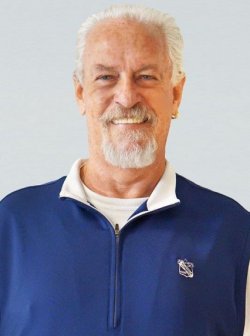
Community Representative
Jim Walsh, C.S.W. (he/him/his)
Director of Community Outreach/Social Worker
Oasis – A Haven for Women & Children
“For me, Social Justice means equality for all, in all aspects of our life. Unfortunately, in today’s climate, we face many important issues, voting rights, gender equality, climate change, wealth disparity, gun violence, hunger, immigration, incarceration, just to name a few. Awareness is the key, and this community Advisory Board allows us the opportunity to voice our concerns and affect change in our society.”
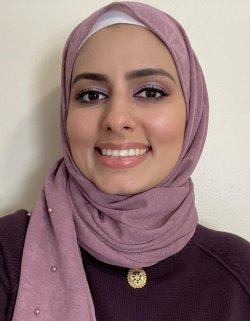
Community Representative
Reham Bader (she/her/hers)
Director of Community Health and Well-Being
Arab American Family Support Center
“To me, social justice is the fair distribution of rights and opportunities for all. I look forward to being part of the Social Justice Advisory board and working together to impact our communities.”
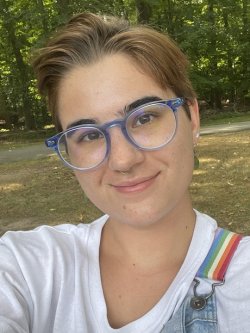
Undergraduate Student Representative
Devin Sanderson-Raphael (they/them/theirs)
Senior FSHD major with a minor in Gender, Sexuality, and Women’s Studies
“Social justice initiatives should be thought of as a living process, changing to fit the needs of the current climate and adapting to new wealths of information. Without flexibility and resilience, social justice cannot fit the needs of the communities that need it most.”

Undergraduate Alumni Representative
Jasmine Rae Williams, M.Ed. (she/her/hers)
“Allyship, integrity, and collaboration: these are the values that lay in my core principles of life and I believe are imperative to embody as a professional in the Education and Human Services field. Being raised in a diverse community with an extremely strong minority presence in every facet of our human identities, from race to religious identities to the LGBTQIA+ community, I recognized that an effective leader must have constant consideration for the unique experiences of others and use any privileges to uplift disadvantaged groups. As an empowered individual, I strive to help all students to find their voice and foster a community of activists across community lines.”
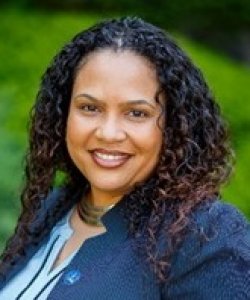
Ph.D. Student Representative
Yanira B. Amadeo (she/her/ella)
FSHD Doctoral Student
Director of Development
Office of Development
Montclair State University
“My life’s purpose revolves around philanthropy-driven education, seeking to dismantle societal barriers of oppression, foster decolonization, and grow generational wealth within diverse families. With investment into student access and success, I aim to empower marginalized communities by helping to address systemic inequalities to promote a more inclusive and financially equitable future. As a self-proclaimed social justice warrior, I believe together, we can break down barriers and build a foundation of knowledge that transcends the limitations of historical injustices.”
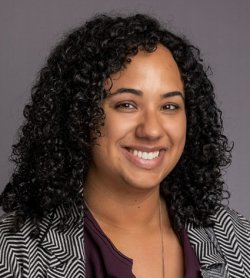
Ph.D. Alumni Representative
Rebecca Swann-Jackson, Ph.D., M.Ed. (she/her/hers)
Associate Research Manager
Institute for Families
School of Social Work
Rutgers University
“When I think of social justice, I think of a quote from James Baldwin. Uncle Jimmy said, ‘If I love you, I have to make you conscious of the things you do not see.’ For me, social justice starts with recognition of the four I’s of oppression – interpersonal, internalized, ideological, and institutional. We have to recognize oppression and injustice as systemic.”
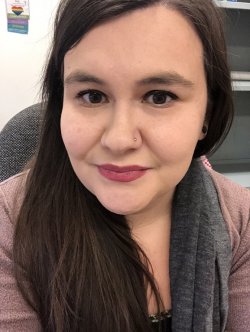
Ph.D. Alumni Representative
Autumn Bermea, Ph.D. (she/her, they/them)
Assistant Professor
College of Education and Human Ecology
The Ohio State University
“Social justice is the practice of recognizing, resisting, and changing oppressive structures and systems.”
